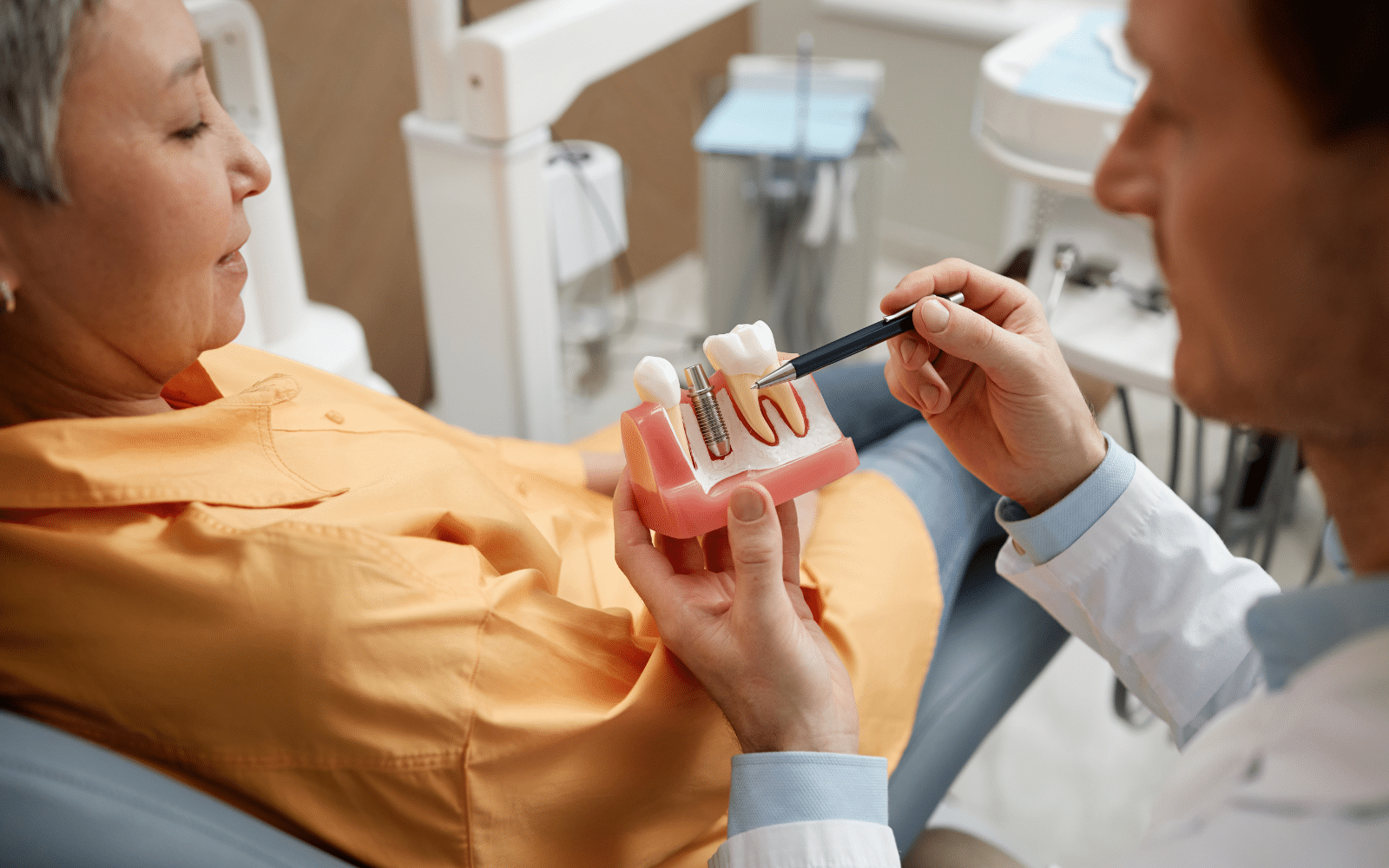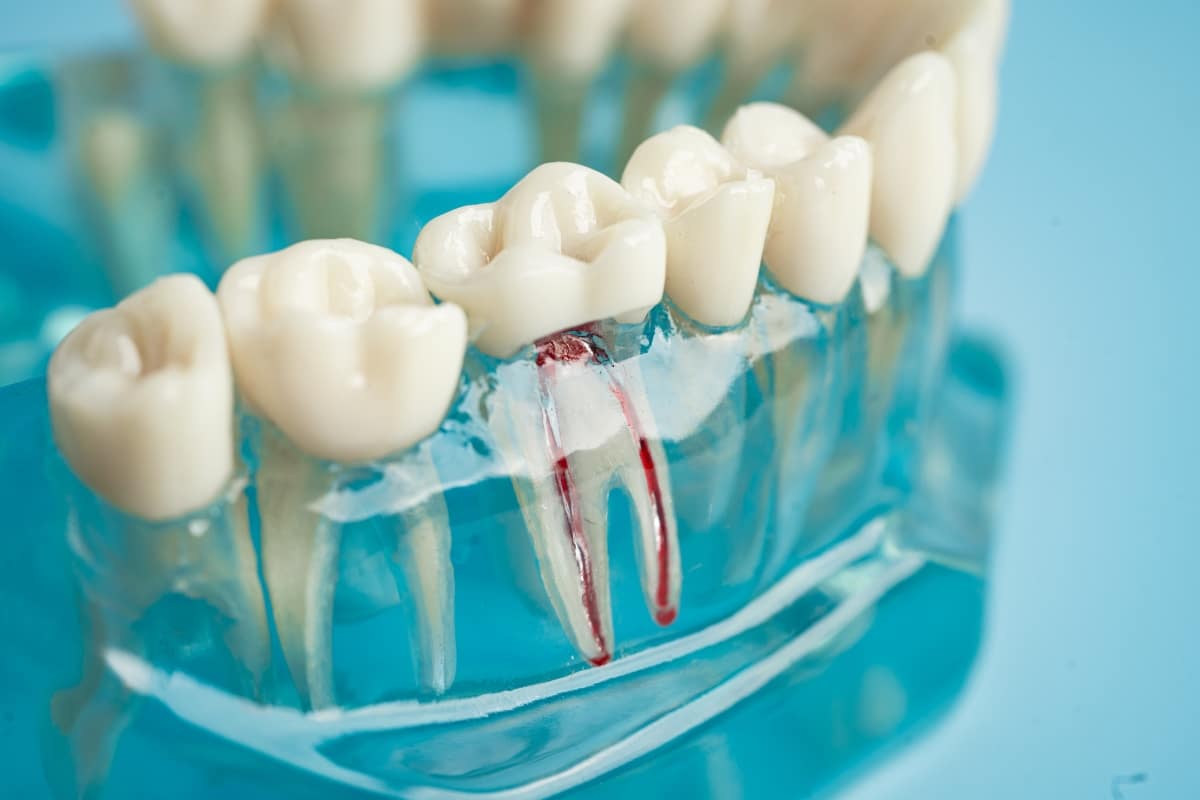Same-day treatments are available.
How Many Days Should You Rest After Getting a Dental Implant?

Dental implants have revolutionized the field of restorative dentistry, providing a durable and aesthetically pleasing solution for missing teeth. However, like any surgical procedure, getting a dental implant requires a period of rest and recovery to ensure optimal healing and long-term success. In this comprehensive guide, we will discuss how many days you should rest after getting a dental implant, what to expect during the recovery period, and how to care for yourself to promote healing.
Understanding the Dental Implant Procedure
Before diving into the recovery details, it’s essential to understand the dental implant procedure. A dental implant is a titanium post that is surgically placed into the jawbone to serve as an artificial tooth root. This post provides a stable foundation for a replacement tooth, such as a crown, bridge, or denture.
The procedure involves several stages:
- Consultation and Planning: Your dentist or oral surgeon will evaluate your oral health, take X-rays or 3D scans, and develop a treatment plan.
- Implant Placement: The titanium post is surgically inserted into the jawbone under local anesthesia, though sedation options are available.
- Osseointegration: Over the next few months, the implant fuses with the jawbone in a process called osseointegration.
- Abutment Placement: Once the implant has integrated with the bone, an abutment is attached to the implant. This serves as a connector between the implant and the replacement tooth.
- Restoration: Finally, the custom-made replacement tooth (crown) is attached to the abutment, completing the process.
Immediate Post-Operative Period
The first few days after dental implant surgery are crucial for the healing process. Here’s what to expect and how to manage your recovery:
Day of Surgery:
- Rest: Plan to rest for the remainder of the day after your surgery. Avoid physical activity and strenuous movements.
- Ice Packs: Apply ice packs to the outside of your cheek near the surgical site to reduce swelling.
- Diet: Stick to soft foods and liquids. Avoid hot foods and drinks, as well as anything that requires chewing near the surgical site.
First 24 Hours:
- Pain Management: You may experience some discomfort, which can be managed with over-the-counter pain relievers like ibuprofen or acetaminophen. Your dentist may also prescribe stronger pain medication if needed.
- Oral Hygiene: Avoid brushing the surgical site, but maintain good oral hygiene by gently brushing the rest of your mouth and rinsing with a saltwater solution.
The First Week After Surgery
Rest and Activity:
- Rest: It’s generally recommended to take it easy for the first 2-3 days after surgery. Avoid strenuous activities, exercise, and heavy lifting during this period.
- Return to Work: Most people can return to work within 2-3 days after surgery, provided their job does not involve physical labor. If your work is physically demanding, consider taking a full week off to recover.
Managing Swelling and Discomfort:
- Swelling: Swelling usually peaks 48-72 hours after surgery and then starts to subside. Continue using ice packs for the first 24 hours and switch to warm compresses after 48 hours.
- Pain: Continue taking pain medication as needed and follow your dentist’s instructions for managing discomfort.
Diet:
- Soft Foods: Continue eating soft foods for the first week. Examples include yogurt, mashed potatoes, scrambled eggs, smoothies, and soups.
- Hydration: Stay well-hydrated, but avoid using straws, as the sucking motion can disturb the surgical site.
Oral Hygiene:
- Gentle Cleaning: Continue to avoid brushing the surgical site directly. Use a gentle, antiseptic mouthwash if recommended by your dentist.
Weeks 2 to 4 After Surgery
Gradual Return to Normal Activity:
- Exercise: You can gradually resume light exercise after the first week, but avoid activities that could risk trauma to your mouth.
- Diet: Slowly reintroduce more solid foods as you feel comfortable, but avoid hard, crunchy, or sticky foods that could damage the implant site.
Monitoring Healing:
- Follow-Up Visits: Attend all scheduled follow-up appointments with your dentist. These visits are crucial for monitoring the healing process and addressing any issues.
- Signs of Infection: Watch for signs of infection, such as increased pain, swelling, redness, or discharge from the surgical site. Contact your dentist immediately if you notice any of these symptoms.
Long-Term Recovery and Care
Osseointegration Period:
- Healing Time: Osseointegration, the process where the implant fuses with the jawbone, typically takes 3-6 months. During this period, it’s essential to follow your dentist’s instructions and avoid any actions that could disturb the implant.
- Temporary Restorations: If you have temporary restorations, be gentle with them and follow any specific care instructions provided by your dentist.
Final Restoration:
- Abutment and Crown: Once osseointegration is complete, you’ll return to your dentist for the placement of the abutment and crown. This is a straightforward procedure, and recovery is usually minimal.
Long-Term Care:
- Oral Hygiene: Maintain excellent oral hygiene by brushing twice a day, flossing daily, and using an antiseptic mouthwash.
- Regular Check-Ups: Continue regular dental check-ups and cleanings to ensure the health of your implants and overall oral health.
Factors Affecting Recovery Time
Individual Health:
- General Health: Your overall health and immune system function can impact your recovery time. Conditions such as diabetes or autoimmune diseases may prolong the healing process.
- Smoking: Smoking can significantly hinder healing and increase the risk of implant failure. If you smoke, consider quitting before undergoing implant surgery.
Bone Quality and Quantity:
- Bone Grafting: If you require bone grafting before implant placement, your recovery might be longer. Bone grafts need time to integrate with your natural bone before implant surgery can proceed.
Surgical Technique:
- Experience of the Surgeon: The skill and experience of your oral surgeon can influence the procedure’s success and your recovery time. Choosing a qualified and experienced professional is crucial.
Post-Operative Care:
- Following Instructions: Adhering to your dentist’s post-operative care instructions is vital for a smooth recovery. This includes taking medications as prescribed, attending follow-up appointments, and maintaining proper oral hygiene.
Tips for a Smooth Recovery
Adhere to Instructions: Follow all post-operative care instructions provided by your dentist to promote healing and prevent complications.
Maintain Oral Hygiene: Keep your mouth clean, but avoid disturbing the surgical site. Use a soft-bristled toothbrush and gentle techniques.
Stay Hydrated: Drink plenty of water to stay hydrated and support the healing process.
Avoid Smoking: If you smoke, avoid it during the recovery period to reduce the risk of complications and promote healing.
Eat a Soft Diet: Stick to soft foods that don’t require chewing and gradually reintroduce solid foods as you heal.
Rest and Relax: Give your body time to rest and recover, especially in the first few days after surgery.
Monitor Your Symptoms: Pay attention to how you feel and report any unusual symptoms, such as increased pain, swelling, or signs of infection, to your dentist immediately.
The recovery period after getting a dental implant is a crucial time for ensuring the success of the procedure and the longevity of the implant. While the initial rest period may only be a few days, full recovery and osseointegration can take several months. By following your dentist’s instructions, maintaining good oral hygiene, and taking care of your overall health, you can ensure a smooth and successful recovery.
Dental implants are a significant investment in your oral health and quality of life. Taking the time to rest and recover properly after the surgery will pay off with a healthy, functional, and beautiful smile for years to come. If you have any concerns or questions about your recovery, don’t hesitate to reach out to your dental care provider for guidance and support.
Frequently Asked Questions (FAQs)
Q: How long does the surgery for dental implants take?
A: The surgery typically takes 1-2 hours per implant, but the exact time can vary based on the complexity of the case.
Q: Is dental implant surgery painful?
A: The procedure is performed under local anesthesia, so you shouldn’t feel pain during the surgery. Some discomfort and swelling after the surgery are normal and can be managed with pain medication.
Q: Can I drive myself home after dental implant surgery?
A: If you received only local anesthesia, you should be able to drive yourself home. If you were sedated, you would need someone to drive you.
Q: How can I reduce swelling after dental implant surgery?
A: Applying ice packs to the outside of your cheek near the surgical site for the first 24 hours can help reduce swelling.
Q: When can I return to my normal diet after dental implant surgery?
A: You can start reintroducing more solid foods after the first week, but avoid hard, crunchy, or sticky foods that could affect the healing process.

7 Foods and Drinks to Avoid After Professional Teeth Whitening in Cypress

What to Expect After a Root Canal Treatment in Cypress



